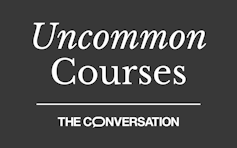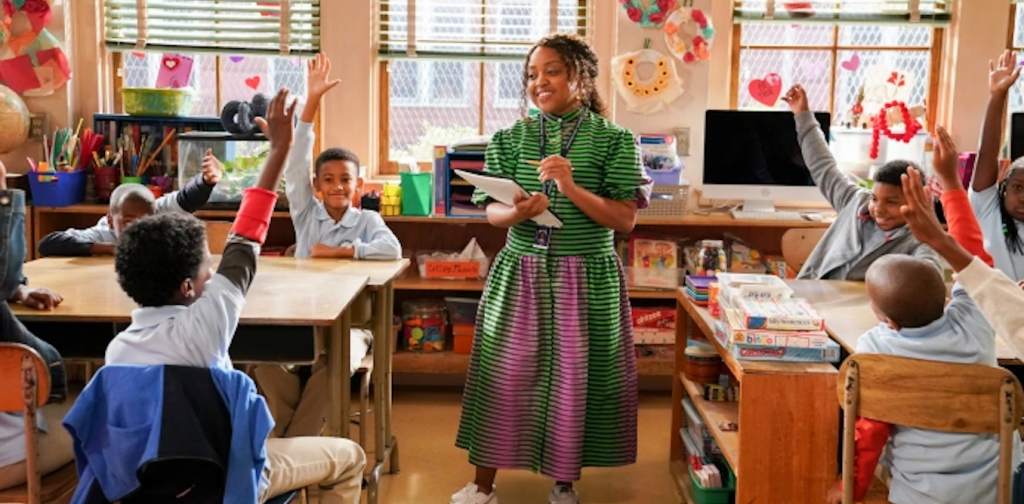This course uses science fiction to understand politics


Uncommon Courses is an occasional series from The Conversation U.S. highlighting unconventional approaches to teaching.
Title of course:
“Politics and Science Fiction”
What prompted the idea for the course?
While watching “Andor” – a science fiction TV series that is part of the “Star Wars” galaxy of films, books and TV shows – I realized that what fascinates me most about science fiction is the political aspect, especially regarding power.
I decided to create an upper-level political science course that explores politics and government through the lens of science fiction, with a focus on literature.
What does the course explore?
We explore issues of racism, gender, anarchy and the end of civilization. I chose books that encourage students to focus on the political aspects of each work. At the beginning of the course, I ask students how closely they connect science fiction and politics. At the end of the course, students have the opportunity to revisit and revise their response to that question. By that point, students have participated in discussions, written papers and completed short assignments that ask them to explore and articulate political themes in each book.
I find that students in this course begin to take science fiction more seriously as a political genre, and those who come into the class as new readers of science fiction learn to appreciate its many subgenres and perspectives.
Why is this course relevant now?
As numerous state legislatures seek to restrict what can be taught regarding many issues, including race, it’s important to understand the power structures behind racism. Science fiction is an ideal way to explore issues of power and oppression.
Derrick Bell, the author of “The Space Traders,” is one of the originators of critical race theory, which holds that racism has been codified in American law and society. Bell’s story blends science fiction and politics to illustrate how politicians could use the Constitution and the law to extend racist policies to an extreme degree, all for the benefit of white Americans.
What’s a critical lesson from the course?
In one of the writing assignments I ask students to compare the political themes of Ursula K. Le Guin’s “The Dispossessed” – including utopia, anarchy, gender and power – to another work of science fiction that they enjoy. The goal is to help them make connections to political perspectives in other science fiction works and to get them to reexamine a piece of science fiction they’re already familiar with.
This semester, students made comparisons to political themes in multiple science fiction formats and subgenres including “Star Wars,” “The Last of Us” and “The Hunger Games.”
What materials does the course feature?
-
Ursula K. Le Guin’s “The Dispossessed,” a novel that closely examines anarchy, utopia and gender relations.
-
Stanislaw Lem’s “The Futurological Congress,” a novel about a future in which the government uses hallucinogenic drugs to create the illusion of utopia.
-
Naomi Alderman’s “The Power,” a novel that imagines a world in which women gain physical and political power.
What will the course prepare students to do?
This course is designed to expose students to themes in science fiction that will expand their understanding of politics and power. I ask students to explore and articulate the explicitly political aspects of science fiction. My goal is for students to leave the class with a new perspective on politics and government that will make politics more interesting to them and inform how they engage with works of science fiction, whether as books, movies or some other format.





